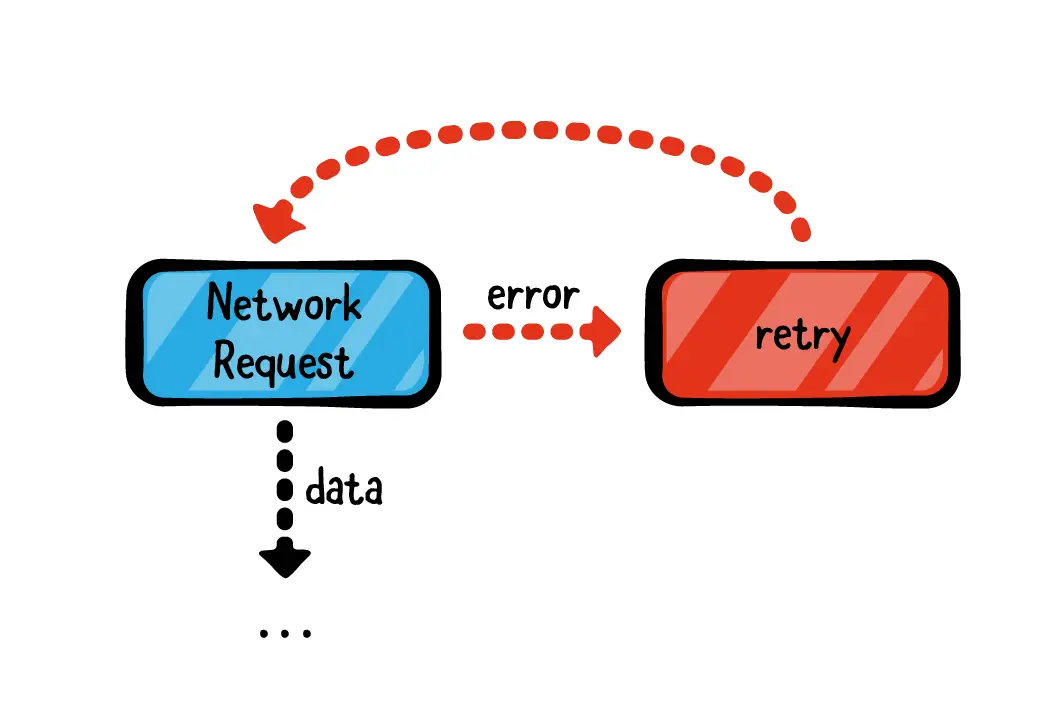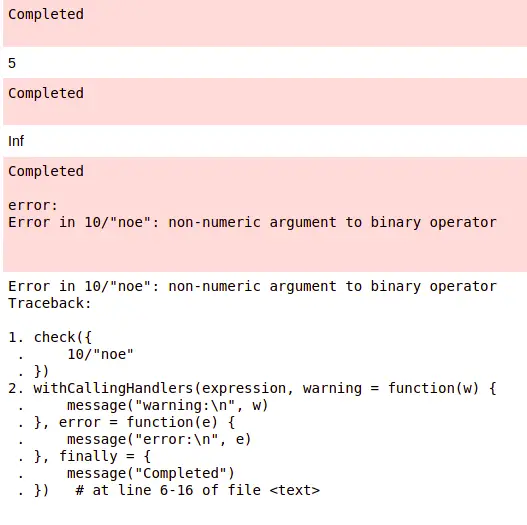Effective Error Handling in Programming

Error handling is a critical aspect of software development that refers to the process of detecting and responding to errors or exceptions that occur during the execution of a program. Effective error handling allows developers to identify, diagnose, and recover from errors gracefully, ensuring the stability and reliability of the software. Here are some best practices and techniques for effective error handling in programming:

- Use Exceptions Appropriately: Exceptions should be used to handle exceptional conditions that interrupt the normal flow of the program, such as IO errors, memory errors, or invalid data. Avoid using exceptions for handling expected errors or flow control.
- Define Custom Exception Classes: Create meaningful custom exception classes that provide structured error information. These classes should include properties or methods that allow for the identification and diagnosis of the specific error that occurred.
- Use Try-Catch Blocks: Utilize
try-catchblocks to handle potential exceptions and provide specific error handling actions. Thetryblock contains code that might raise an exception, andcatchblocks are used to catch and handle exceptions of specific types. - Log and Report Errors: Log and report errors to help with debugging and diagnosing issues. Error messages should be informative, including details such as the error type, error message, and any relevant context.
- Use Error Codes: Establish error codes or return values to indicate the specific nature of an error. This allows for more precise and programmatic handling of errors.
- Consider Error Recovery Strategies: Implement error recovery strategies, such as retry mechanisms or fallbacks, to attempt to recover from errors and continue program execution if possible.
- Design for Testability: Ensure that error handling mechanisms are testable. Write unit tests to verify that error scenarios are handled correctly and that the appropriate recovery actions are taken.
- Follow Best Practices: Adhere to best practices, such as using descriptive error messages, avoiding generic error handling, and providing clear documentation for error handling mechanisms.

Hello, I check your new stuff regularly. Your writing
style is awesome, keep up the good work!
This is a very informative article on error handling in programming. I found the tips on using descriptive error messages and logging errors to be particularly helpful.
I agree with the author that error handling is an important part of any programming language. However, I think that the article could have gone into more detail on some of the different methods for handling errors.
I’m not sure that I agree with the author’s assertion that try-catch blocks are the best way to handle errors. I think that error codes can be just as effective, and they can be more efficient in some cases.
I found the article to be somewhat ironic. The author talks about the importance of effective error handling, but then he provides some examples of error handling code that is anything but effective.
I couldn’t help but find the article to be somewhat sarcastic. The author seems to be making fun of programmers who don’t handle errors effectively.
I thought the article was quite comical. The author uses some really funny examples to illustrate the importance of error handling.
I agree with the author that error handling is important, but I think that he could have done a better job of explaining the different methods for handling errors.
I’m not sure that I agree with the author’s assertion that try-catch blocks are the best way to handle errors. I think that error codes can be just as effective, and they can be more efficient in some cases.
I found the article to be somewhat ironic. The author talks about the importance of effective error handling, but then he provides some examples of error handling code that is anything but effective.
I couldn’t help but find the article to be somewhat sarcastic. The author seems to be making fun of programmers who don’t handle errors effectively.
I thought the article was quite comical. The author uses some really funny examples to illustrate the importance of error handling.
I agree with the author that error handling is important, but I think that he could have done a better job of explaining the different methods for handling errors.
I’m not sure that I agree with the author’s assertion that try-catch blocks are the best way to handle errors. I think that error codes can be just as effective, and they can be more efficient in some cases.
I found the article to be somewhat ironic. The author talks about the importance of effective error handling, but then he provides some examples of error handling code that is anything but effective.
I couldn’t help but find the article to be somewhat sarcastic. The author seems to be making fun of programmers who don’t handle errors effectively.